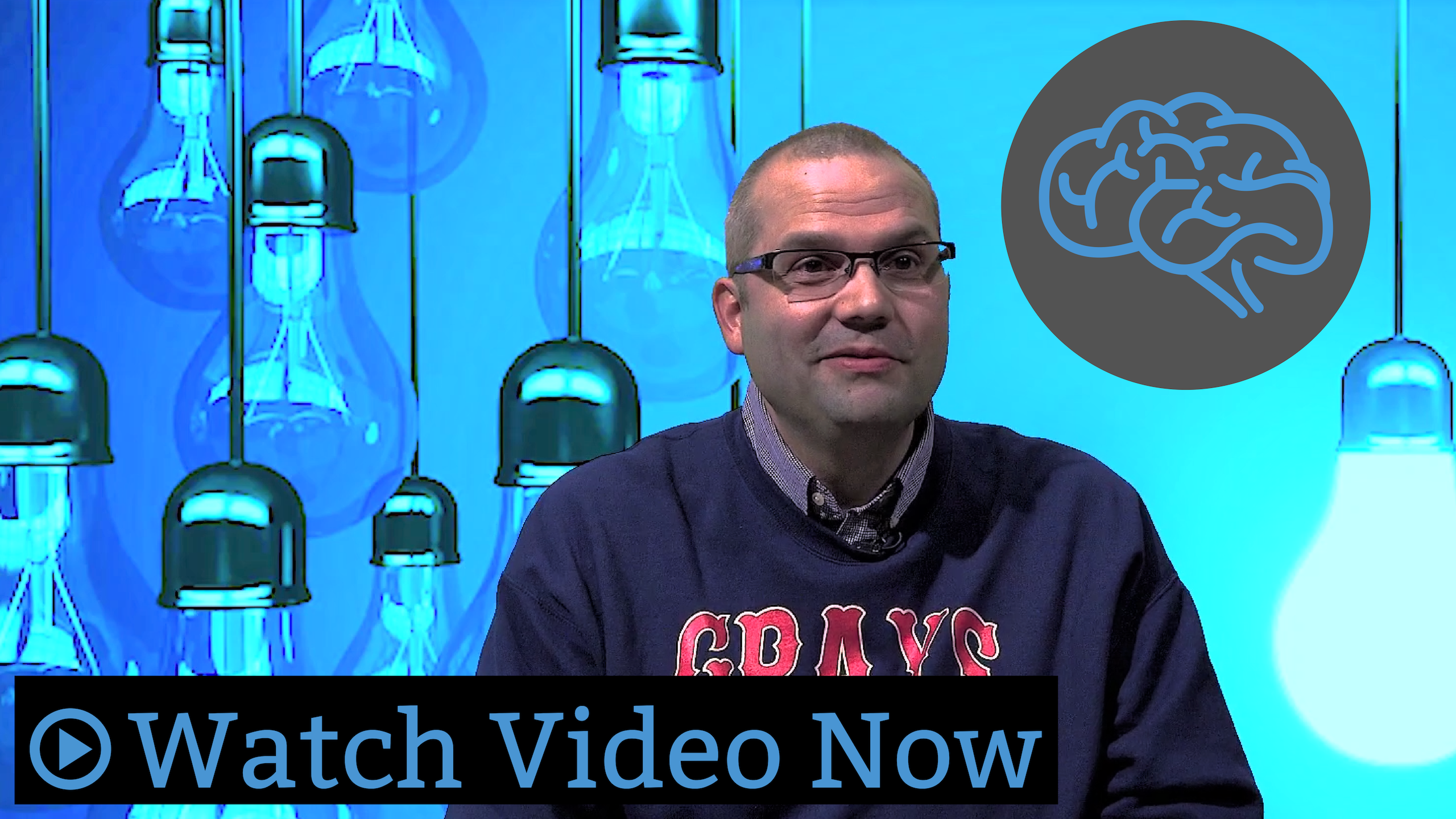Terry Fredrickson believes that a miracle is something that can’t be explained. As a licensed counselor and as the owner of Pacific Rim counseling, he has seen them happen before his very eyes. He’s watched people grow into miracles.
“I can’t explain how they came to me believing there was nothing worthy in their life, that they had no reason to live, that life had become so unmanageable that they didn’t care anymore,” he said. “To see them become someone who says ‘I have a meaning, I have a will to live, and I have a purpose on this earth.’ That’s a miracle to me, that’s rewarding. To me, that makes it worth it.”
Fredrickson’s decision to become a counselor came after he experienced the loss that substance abuse can bring: his brother overdosed on black tar heroin.
“I had two options: I could put on a cape and fight crime and probably not be very successful considering I’m horribly out of shape, or I could go back to school and try to figure out how to prevent people from going down the same road my brother went down-- a road that is quick and easy to fall into,” Fredrickson said.
Deciding against the cape, Fredrickson returned to Idaho State University and received his certification in counseling, specializing in substance abuse.
As a licensed counselor, his focus is in cognitive behavioral therapy. This form of therapy aims to change the way patients perceive their emotions, behaviors, and thoughts by recognizing their distorted thinking.
“My belief is that every human being suffers from ten twisted thoughts or ten distorted thinking habits. Every human, not just someone with substance abuse problems, not just someone with mental health problems, every human suffers from twisted thoughts,” Fredrickson explained.
One of the most common distorted thinking patterns is jumping to conclusions.
“If we send a text to someone, and five minutes goes by, ten minutes goes by, thirty minutes goes by, and by the time they finally respond, we thought for sure they hated us, they were mad, we had done something horrible to offend them, and we were probably going to lose a friend over this. And it just so happened that they were in a meeting and couldn’t text us back right away.”
Thinking something has happened when in reality nothing happened can cause unnecessary stress for anyone, but for people with substance abuse problems, that can be enough to trigger them to start using drugs or alcohol.
Fredrickson helps his patients learn how to step back and rationalize their distorted thoughts before they turn to their vices.
“I help people understand those thought processes. We explore those ten twisted thoughts and help them [learn how to] stop allowing them to dictate their life.”
While therapy can help people understand how to change their thinking patterns, if an environment doesn’t allow people to discuss their struggles, they won’t want to reach out to others to ask for help.
When it comes to substance abuse, Fredrickson notices that in Pocatello and other rural areas, addiction is kept secretive. “In a lot of bigger urban areas, it’s readily talked about. When you get into the rural [parts of] Idaho, there is shame associated with it. It’s almost like a secret. No one likes to talk about it,” he said.
Because of the nature of substance abuse, it becomes a subject of morality. Since addicts can be thought of as criminals, it becomes difficult to see the underlying reasons of addiction.
Fredrickson believes that changing the way these issues are talked about can help produce positive change. In order for Pocatello to make this possible, he offers a couple suggestions that can break down the barriers that prevent overcoming the issues of substance abuse and mental health.
“We’ve got to eliminate… barriers that prevent us from communicating about substance abuse, and help people understand it’s okay to deal with this issue. This isn’t a ‘Quiet Demon’, this is a real thing.”
Fredrickson also believes people have to learn how to overcome the fear of discussing their mental health issues. “You’ve got to be willing to talk about your brain,” he said.
He also suggests that when someone opens up about their struggles, simply listen to them. Having someone to talk with can make a world of difference.
“Everyone’s important. Everyone has a story. Just take a minute to listen to [them],” Fredrickson encouraged.
And when you listen, miracles can be made easier than thought possible.
CEWT is offering courses that provide additional information about mental health and available resources. For additional information on CEWT’s mental health classes, please visit cetrain.isu.edu or call us at (208) 282-3372.

-1.png)

